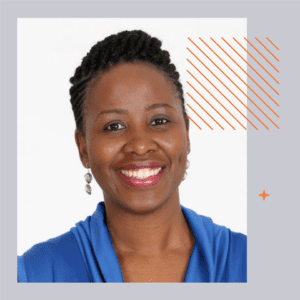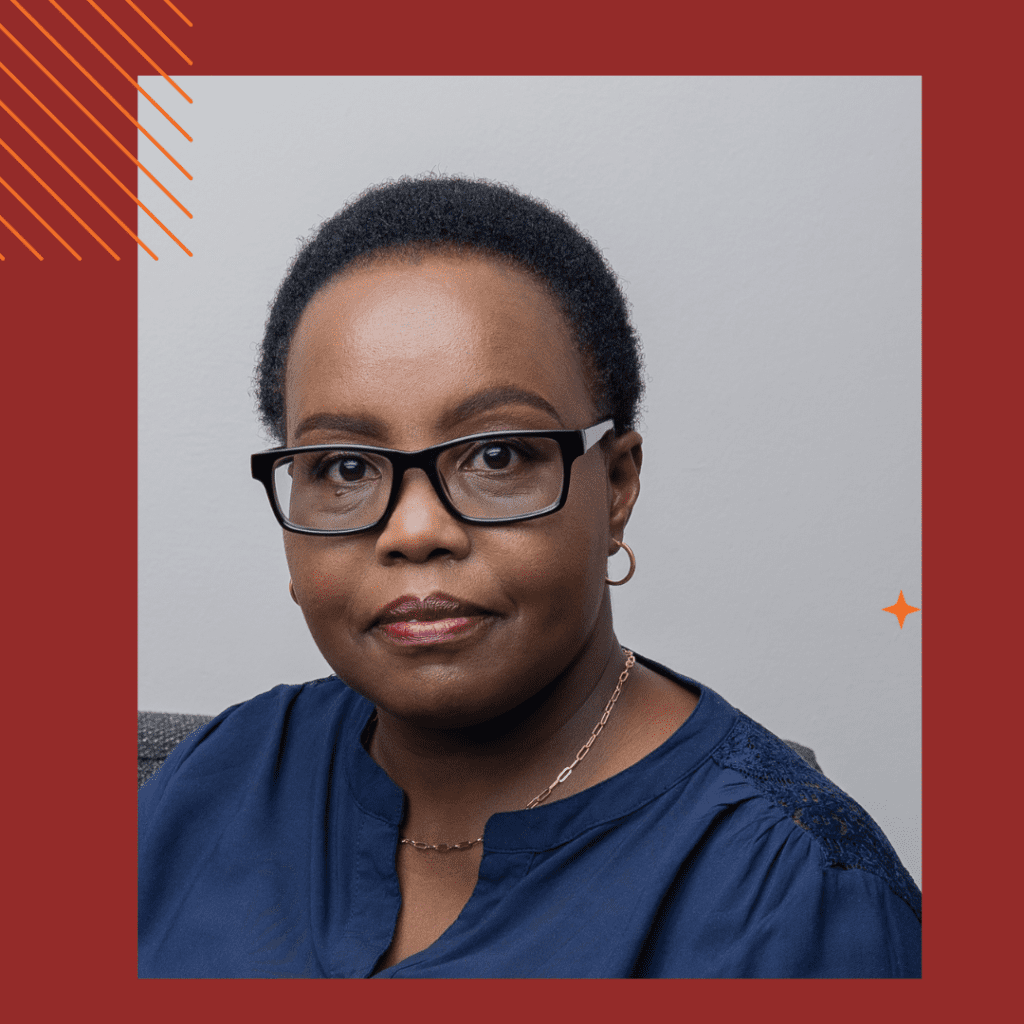
Transitioning through your career to align with personal values holds very true for Advisory Board member, Bongiwe Mlangeni, who started her career as a journalist covering socio-economic and women’s rights issues. Her journey has seen her play a proactive role in promoting philanthropy in support of human rights and social justice projects across southern Africa. Bongiwe is the current Vice President for Global Health Strategies and immediate outgoing CEO of the Social Justice Initiative, of which she was the founding director.
With a primary interest in social justice in Africa, Bongiwe has always held issues of inequality close to her heart, especially those with damaging outcomes on health, economy, and social wellbeing. Using philanthropy, and collaborating with high-net-worth individuals, she has successfully mobilised funding for many social justice advocacy organisations. “My interest in philanthropy, from the beginning, was about how we can get wealthy Africans more involved in supporting social justice work.” She continues, “We also should explore how can we address the issues of inequality and improve wellbeing so that we build a society that is equitable.”
In relation to her position on the Advisory Board, Bongiwe would like to see a focus on getting affluent South Africans more involved in the pursuit of social justice as a mission that they can participate in and support, as well as growing philanthropy in South Africa in a way that benefits social justice issues, rather than focusing on charity. Looking at the achievements of CAPSI so far, Bongiwe is excited to be part of the Centre as it gathers the evidence of philanthropy within the African continent, shaping the thinking around it. She says, “There is still a lot more to be done in terms of documenting the story of giving, and the story of giving as a form of solidarity and transformation.”
Creating a body of knowledge of African philanthropy will challenge old ways of thinking as society continues to build itself. As a lecturer on CAPSI’s programme, Bongiwe proactively adds her voice to this work and has been an influence on students who have attended her courses. One of the notable nuggets that she regularly challenges students with is the notion that philanthropy is exclusively for the wealthy. She says, “There is more to philanthropy than status and being a billionaire – there are many ways in which it is expressed.” Students are challenged to consider their understanding of philanthropy and also to reflect on how this has manifested itself in their lives. This reflection of the personal association with philanthropy supports part of the work of CAPSI – which is to enable and take ownership of documenting the process of philanthropy and the experiences around it.
Speaking of the journey of CAPSI so far, Bongiwe is proud to be part of the dynamic intellectual space that has created and grown the field of understanding philanthropy within the African context. Looking to the future, she can see that the organisation will produce academics who can provide new knowledge and approaches to philanthropy.
The three fundamentals of CAPSI; namely, to be a dynamic space for engagement, a platform for idea sharing, and a space for influence, are paving the way for a high production of intellectual information from across the continent. People from all fields – students, practitioners, business people, academics, decision- and policymakers – are able to engage, though there is still a need for influencers in the organisation. Her greatest fear for the organisation is unusable or inaccessible research – mothballed information that stays in the dark – it is all about the sharing and engagement.



